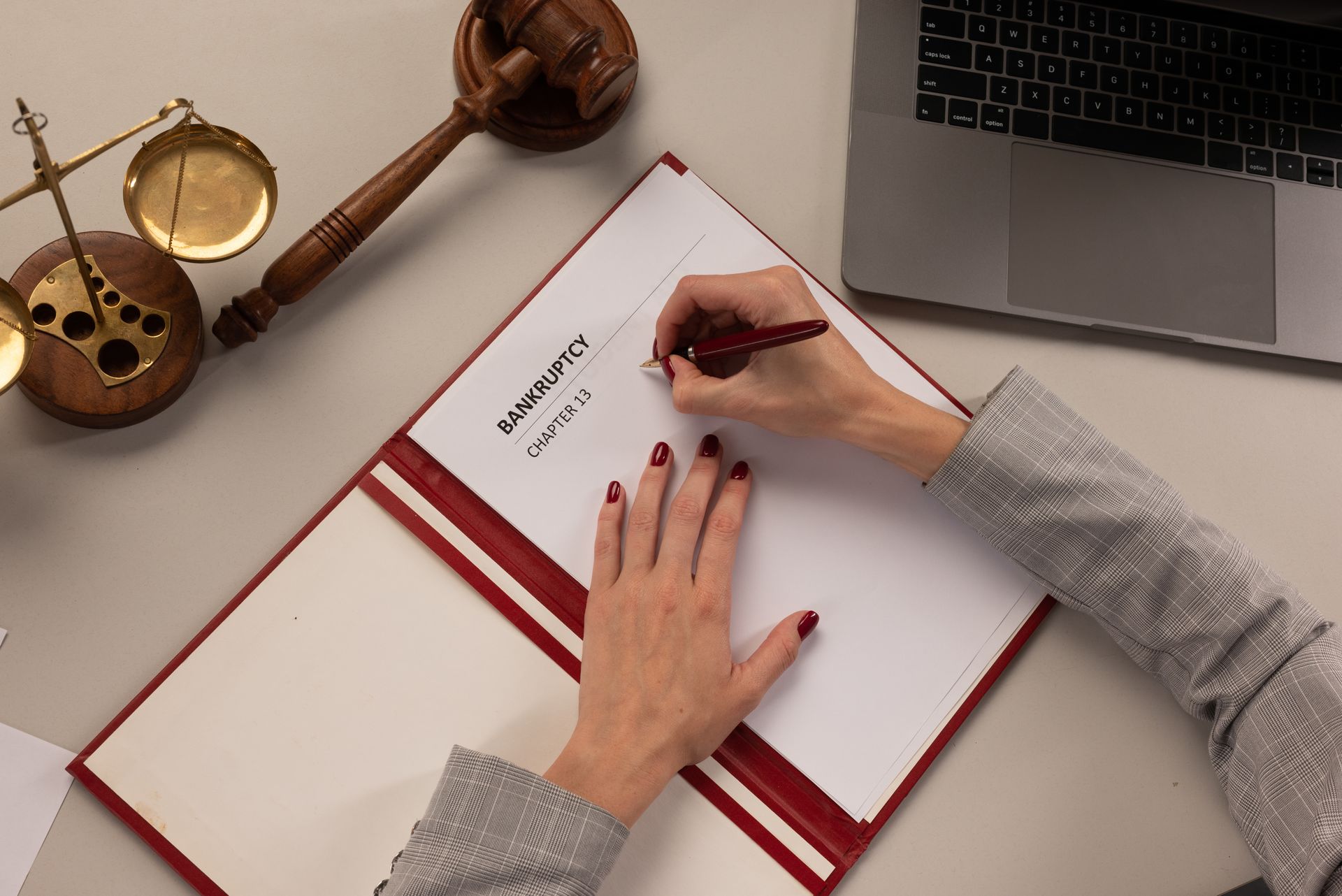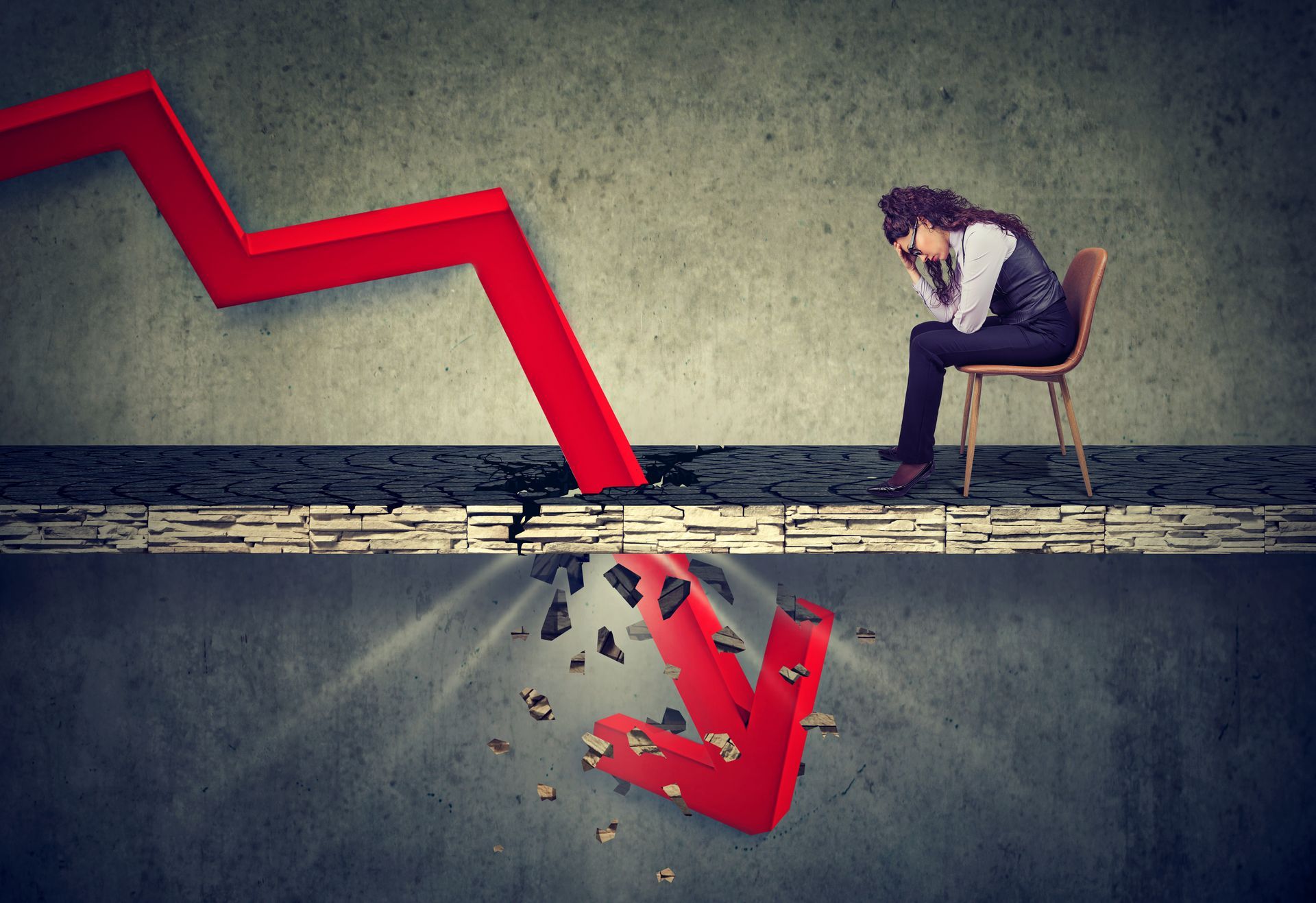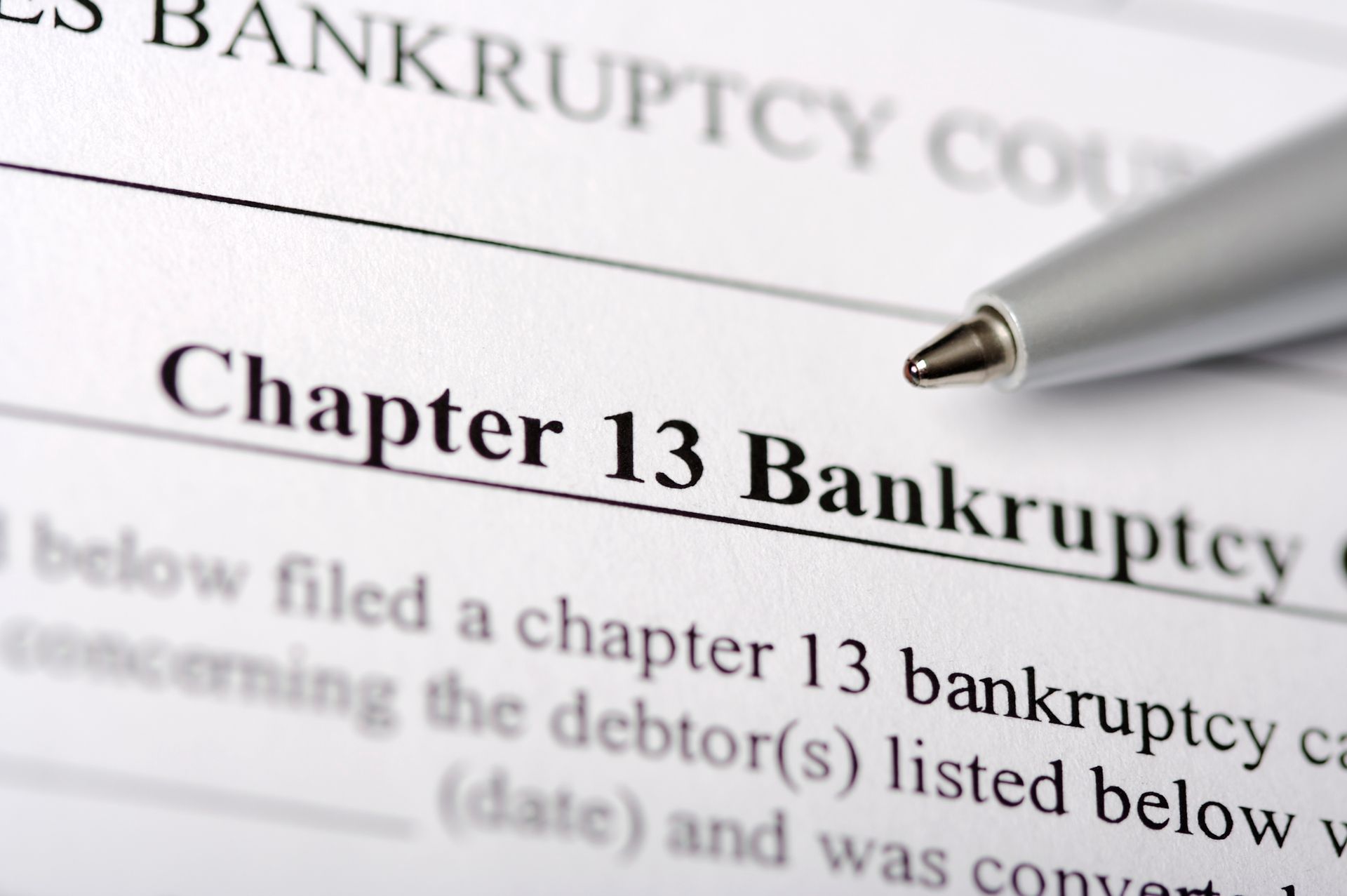Can I Discharge My Student Loan Debt?

Student loan debt represents a significant percentage of total household debt, accounting for about 9.2% of total household debt in the US. Most of this debt is held through federal loans, with just 7.5% of this debt held through private loans. While private loans can sometimes be discharged through bankruptcy, federal student loans have historically not been included in bankruptcy discharge. However, this standard is no longer as set in stone as it used to be.
There are many avenues to student loan debt relief. Veitengruber Law is an experienced bankruptcy lawyer in Monmouth County. If you are considering including your student loans in your bankruptcy case, here are some things you should know.
1. There are different kinds of student loans.
As discussed above, there are two main types of student loans: federal student loans and private student loans. Generally, neither is eligible for discharge through Chapter 7 or 13 bankruptcy. That being said, there are some kinds of private student loans that can be discharged through bankruptcy.
2. What loans can be discharged?
Some private loans can be automatically discharged through bankruptcy. These include private loans that fall under any of the following provisions:
- Loans to attend schools ineligible for federal aid (like foreign schools or non-Title IV schools)
- Loans for attending school less than half-time
- Loans made in excess of the cost to attend the school
- Loans to cover fees and other living expenses incurred while the student was in preparation for a professional exam (like the bar exam or medical board exams)
- Loans that covered living expenses and moving costs for medical residencies
Any loan made for non-qualified higher educational expenses
3. There is a risk of legal action after discharge.
While the above circumstances make it perfectly legal to discharge your private student loan debt through Chapter 7 or 13 bankruptcy, private student loan lenders frequently try to sue borrowers for the debt after a discharge has been granted. If a lender contacts you about paying a discharged debt, you can reach out to an experienced NJ bankruptcy attorney who can guide you through your rights and how to respond to a lawsuit of this nature.
4. The "Undue Hardship Standard" is a difficult but not impossible option.
In extreme cases, the court may grant you a Chapter 7 bankruptcy discharge for your student loans under the Undue Hardship standard. This is a very expensive, very difficult option that requires a lawsuit called an adversary proceeding to be filed in bankruptcy court. To prove undue hardship, you must prove that you:
- Cannot support a minimal standard of living based on your income and expenses
- Additional circumstances exist that will limit your ability to repay your loans (like a chronic medical diagnosis or permanent disability)
- You have made a good-faith effort to repay your loans
If you decide to pursue discharge under the undue hardship standard, it is highly advisable to work with an experienced attorney.
5. Bankruptcy is not the only option.
Besides the vast array of forgiveness programs, repayment plans, deferment options, and forbearance programs for federal student loans, you have other options if you are struggling with student loan debt. Filing for bankruptcy to eliminate other debts from credit cards, private loans, mortgage arrears, and more can open up more income to dedicate to your student loans. Even if you are unable to include your student loans in a bankruptcy discharge, getting rid of your other debt can make your student loan payments more manageable.
Veitengruber Law is an experienced bankruptcy law firm. We can help you devise a plan to get out of debt. Call us today for a free consultation.










